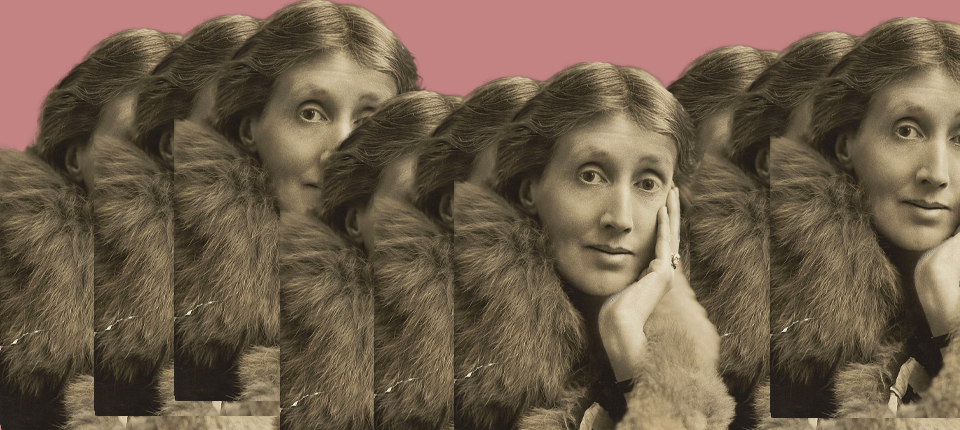Lit Hub Weekly: January 20 - 24, 2025
THE BEST OF THE LITERARY INTERNET

- RESPONDING TO THE SECOND TRUMP ADMINISTRATION: Kim Kelly on the how-tos and DOs and DON’Ts of mutual aid • Madeline ffitch on direct action and survival work in the face of fascism • Josh Cook on what the publishing industry can do in the face of authoritarianism. | Lit Hub Politics
- Matthew Nienow on stumbling back into poetic vulnerability: “I wrote into that darkness because that kind of honesty was the only thing that felt right.” | Lit Hub Craft
- Henry Alford remembers how “Both Sides Now” catapulted Joni Mitchell to stardom. | Lit Hub Music
- On Fady Joudah’s [. . .] and the inability of language to convey the horrors of genocide and erasure. | Lit Hub Criticism
- H.J. Tam considers Anthony Veasna So’s Afterparties, a collection that “asks readers to consider ways to be free without conscription—as Anthony would have it, free ‘to be indefinite, free to fuck off and be lost.’” | Public Books
- How censorship and book bans have suppressed Vietnam’s literary past and present. | Index on Censorship
- David L. Ulin on Los Angeles and apocalyptic literature. | Los Angeles Times
- Navied Mahdavian revisits The Plot Against America amidst… all this. | The New Yorker
- How do we differentiate between fiction and nonfiction? On perspective and truth. | Aeon
- “Aphasia brings up existential questions that get at the heart of human connection: Who are we without language?” Charlotte Rogers considers writers and language loss. | Public Books
- Ted Chiang and Julien Crockett discuss LLMs, art, and the future of AI. | Los Angeles Review of Books
- “Maybe to make a place holy, you must remember it more than real life allows, with all the truth of a squint, all the grace of peeling paint.” Mathias Svalina considers a blue wall in Leadville, CO. | Poetry
- Canadian author and professor Nathan Kalman-Lamb was barred from entering the United States. Why? “My strongest guess is that it is because I have been reasonably outspoken in my critiques of the genocide being perpetrated in Gaza.” | The Nation
- Imani Perry recommends four experimental histories of Black life. | The New Yorker
- Anthropologist Kirsten Bell explores the power and complexity of laughter. | Sapiens
- Mia Ruf talks to Charlotte Mandell about translating Paul Valéry. | Asymptote
Also on Lit Hub:
Markus Zusak on naming a dog after a character in his fiction • Jane Ciabattari talks to Sara Sligar about modernizing a Gothic cult classic • Pico Iyer on lessons learned from monastic life • Jonas Olofsson on the scent of memories • Betty Shamieh on Etaf Rum, Hala Alyan, and the next generation of Palestinian fiction • Kristen Martin examines superficial depictions of orphanhood on 90s television • Garth Risk Hallberg remembers the life and literary career of Mavis Gallant • How Martha Goddard helped develop the rape kit • On finding the plot to your novel (after you’ve already lost it) • 5 book reviews you need to read this week • Are you the asshole if your friend’s autofiction gives you the ick? • Read “how to be a contemporary performer,” a poem by Asha Futterman • Hal Brands explores how World War II was won • Guido Tonelli on matter, humanity, and our urge to honor the dead • Deborah Williams on Edith Wharton’s The Custom of the Country • The challenges (and rewards) of researching for historical fiction • How Edith Wharton rewrote her own childhood • The best reviewed books of the week • Alison Wood Brooks explains why we should all tell more jokes



















